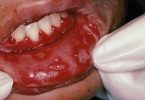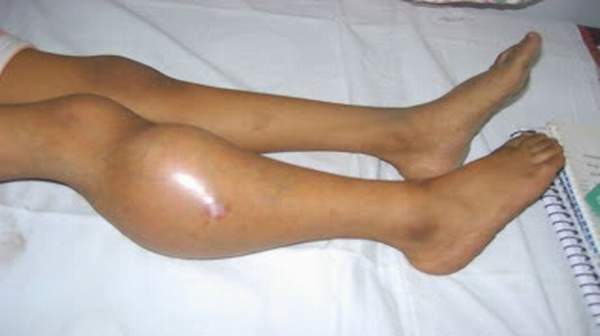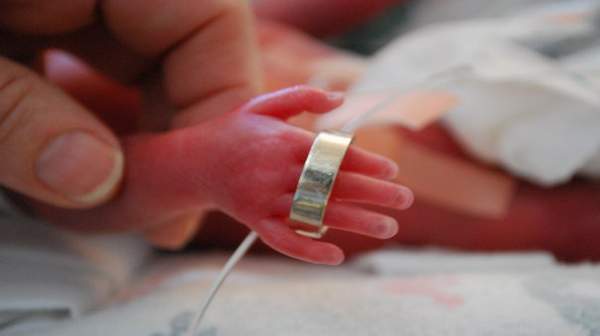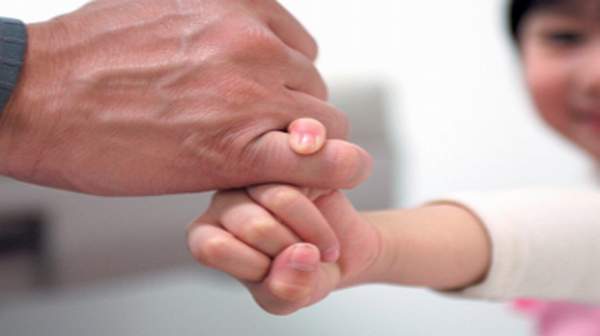What's in this article?
Bedwetting Overview
Bedwetting, or nocturnal enuresis, refers to the unintentional passage of urine during sleep. Enuresis is the medical term for wetting, whether in the clothing during the day or in bed at night. Another name for enuresis is urinary incontinence.
For infants and young children, urination is involuntary. Wetting is normal for them. Most children achieve some degree of bladder control by 4 years of age. Daytime control is usually achieved first, while nighttime control comes later.
The age at which bladder control is expected varies considerably.
- Some parents expect dryness at a very early age, while others not until much later. Such a time line may reflect the culture and attitudes of the parents and caregivers.
- Factors that affect the age at which wetting is considered a problem include the following:
- The child’s gender: Bedwetting is more common in boys.
- The child’s development and maturity
- The child’s overall physical and emotional health. Chronic illness and/or emotional and physical abuse may predispose to bedwetting.
Bedwetting is a very common problem.
Parents must realize that enuresis is involuntary. The child who wets the bed needs parental support and reassurance.
Bedwetting is a treatable condition.
- While children with this embarrassing problem and their parents once had few choices except waiting to “grow out of it,” there are now treatments that work for many children.
- Several devices, treatments, and techniques have been developed to help these children stay dry at night.
What Causes Primary Bedwetting?
The cause is likely due to one or a combination of the following:
- The child cannot yet hold urine for the entire night.
- The child does not waken when his or her bladder is full.
- The child produces a large amount of urine during the evening and night hours.
- The child has poor daytime toilet habits. Many children habitually ignore the urge to urinate and put off urinating as long as they possibly can. Parents usually are familiar with the leg crossing, face straining, squirming, squatting, and groin holding that children use to hold back urine.
How Common is Bedwetting?
Nocturnal enuresis, the medical name for bedwetting, is a common problem in kids, especially children under the 6 years old. About 13% of 6-year-olds wet the bed, while about 5% of 10-year-olds do.
Bedwetting often runs in families: many kids who wet the bed have a relative who did, too. If both parents wet the bed when they were young, it’s very likely that their child will.
The Bedwetting Gene
There’s no one single cause of bed-wetting, but if you want an easy target, look no farther than your own DNA.
“The majority of bedwetting is inherited,” says Bennett. “For three out of four kids, either a parent or a first-degree relative also wet the bed in childhood.”
Scientists have even located some of the specific genes that lead to delayed nighttime bladder control. (For the record, they’re on chromosome 13, 12, and 8.)
“Most parents who had the same problem communicate it to their kids, which is good,” suggests Bennett. “It helps a kid understand, I’m not alone, it’s not my fault.”
Symptoms of Bedwetting
Bed-wetting is involuntary urination while asleep after the age at which staying dry at night can be reasonably expected.
Most kids are fully toilet trained by age 5, but there’s really no target date for developing complete bladder control. Between the ages of 5 and 7, bed-wetting remains a problem for some children. After 7 years of age, a small number of children still wet the bed.
Risk factors of Bedwetting
Several factors have been associated with an increased risk of bed-wetting, including:
- Being male. Bed-wetting can affect anyone, but it’s twice as common in boys as girls.
- Family history. If one or both of a child’s parents wet the bed as children, their child has a significant chance of wetting the bed, too.
- Attention-deficit/hyperactivity disorder (ADHD). Bed-wetting is more common in children who have ADHD.
When to Seek Medical Care
The decision of when to involve your healthcare professional is variable and is most commonly based on how the situation is affecting the child, as well as the parents. If the child displays only nighttime wetting without any other symptoms, then the decision about when to seek medical treatment is up to the family.
- It is probably a good time to seek medical help when the child is 5-7 years of age.
- Referral to a specialized enuresis clinic is likely not needed for most children with no other symptoms. This is a reasonable problem for the child’s pediatrician to handle.
A child should be checked without delay for an underlying medical problem if he or she develops any other physical or behavioral symptoms.






Very good! I think the same.